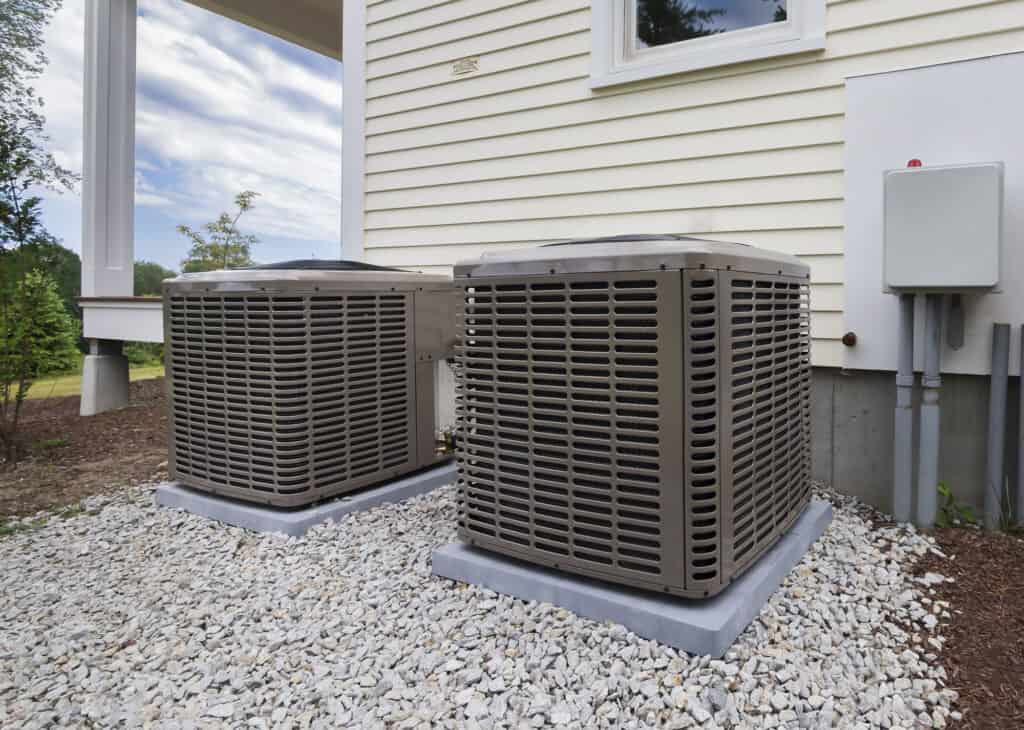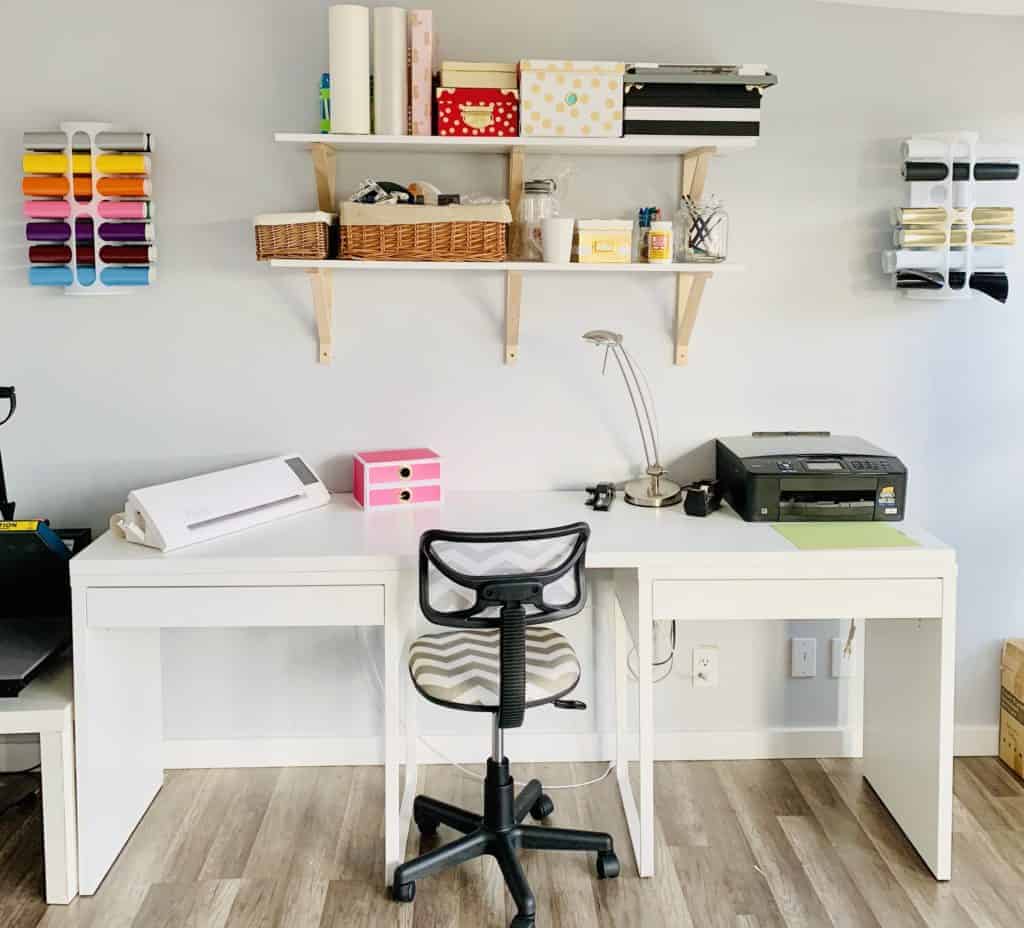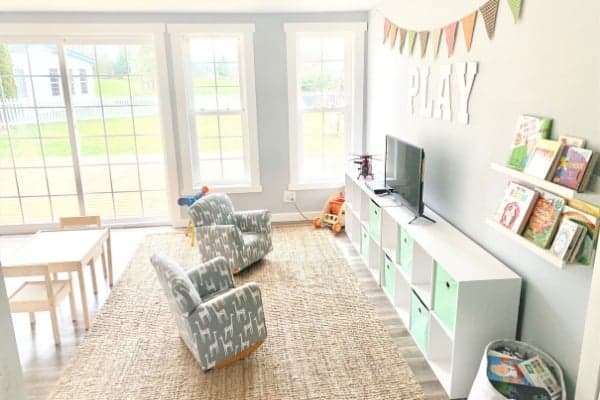Air conditioning is one of the modern conveniences that we often take for granted until it stops working. When your AC fails, especially during the sweltering summer months, it can feel like an emergency. Understanding the most common reasons for needing AC repair from the likes of AC Works 365 can help you prevent issues before they become major problems and keep your system running smoothly.
1. Refrigerant Leaks
Refrigerant is the substance your AC uses to remove heat from your home. When there’s a leak, your AC can’t cool your house effectively. Signs of a refrigerant leak include:
- Inefficient Cooling – Your AC is running, but your home isn’t getting cool.
- Hissing Sounds – Indicates a possible leak in the refrigerant line.
- Higher Energy Bills – Your system works harder to cool your home, using more energy.
2. Dirty or Clogged Filters
Air filters trap dust, dirt, and other particles, preventing them from entering your system and home. Over time, these filters get clogged, restricting airflow and reducing efficiency. Regularly changing or cleaning your air filters is crucial. Signs that your filters need attention include:
- Reduced Airflow – Less air coming out of the vents.
- Increased Dust – More dust in your home.
- Higher Operating Costs – AC working harder, using more energy.
3. Thermostat Issues
Your thermostat controls the temperature settings for your home. If it’s not working correctly, it can cause your AC to cycle on and off frequently or not turn on at all. Common thermostat problems include:
- Incorrect Calibration – Thermostat readings are off.
- Dead Batteries – For battery-powered models.
- Old or Outdated Thermostats – May need replacement for more accurate control.
4. Electrical Issues
AC units rely on a complex network of electrical components. Faulty wiring, blown fuses, or tripped breakers can cause your system to fail. Electrical issues can be dangerous, so it’s essential to handle them promptly and safely. Signs of electrical problems include:
- AC Not Turning On – No power to the unit.
- Frequent Cycling – AC turns on and off too often.
- Burning Smell – Indicates overheating or electrical burning.
5. Frozen Evaporator Coils
Evaporator coils absorb heat from the air in your home. When they freeze, they can’t do their job effectively. This often happens due to insufficient airflow caused by dirty filters or refrigerant issues. Indicators of frozen coils include:
- Ice Buildup – Visible ice on the coils.
- Warm Air – AC blowing warm air instead of cool.
- Unusual Noises – Strange sounds from the unit.
6. Leaky Ductwork
Ducts carry the cooled air from your AC throughout your home. Leaky ducts can reduce efficiency and make your system work harder to maintain the desired temperature. Signs of leaky ducts include:
- Uneven Cooling – Some rooms cooler than others.
- Higher Energy Bills – Increased cost due to inefficiency.
- Visible Damage – Holes or gaps in ductwork.
7. Drainage Problems
AC units remove moisture from the air as part of the cooling process. This moisture is drained through a line to the outside of your home. If the drain line becomes clogged, it can cause water damage and affect the performance of your unit. Symptoms of drainage problems include:
- Water Leaks – Water pooling around the unit.
- Musty Smell – Indicates mold or mildew due to standing water.
- System Shutoff – Some units have safety features that shut them down when there’s a drainage issue.
8. Worn-Out Parts
Like any machine, your AC has parts that wear out over time. Motors, fans, belts, and other components can break down, leading to reduced performance or complete failure. Regular maintenance can help identify and replace worn parts before they cause significant issues. Signs of worn-out parts include:
- Strange Noises – Grinding, squealing, or banging sounds.
- Reduced Efficiency – System not cooling as well as it used to.
- Frequent Repairs – Regular breakdowns and the need for repairs.
9. Poor Maintenance
Regular maintenance is crucial to keeping your AC running efficiently and extending its lifespan. Neglecting maintenance can lead to many of the issues mentioned above. A professional tune-up typically includes checking refrigerant levels, cleaning coils, inspecting ductwork, and ensuring all components are in good working order. Benefits of regular maintenance include:
- Improved Efficiency – Lower energy bills.
- Fewer Breakdowns – Early detection of potential problems.
- Longer Lifespan – Extends the life of your unit.
10. Aging System
Even with the best maintenance, all AC units have a finite lifespan, usually around 10-15 years. As systems age, they become less efficient and more prone to breakdowns. Signs that your AC may be nearing the end of its life include:
- Frequent Repairs – Increasing frequency and cost of repairs.
- Reduced Efficiency – Higher energy bills and less effective cooling.
- Outdated Technology – Newer systems offer better efficiency and features.
Tips for Preventing AC Problems
- Regular Maintenance – Schedule professional maintenance at least once a year.
- Change Filters – Replace or clean filters every 1-3 months.
- Keep Area Clear – Ensure the area around your outdoor unit is free of debris and plants.
- Monitor Thermostat – Check and replace batteries regularly.
- Inspect Ductwork – Look for and seal any leaks.
When to Call a Professional
While some maintenance tasks can be handled by homeowners, many AC issues require professional attention. If you notice any of the symptoms mentioned or your AC isn’t performing as it should, it’s time to call a professional HVAC technician. They have the expertise to diagnose and fix the problem efficiently, ensuring your home stays comfortable year-round.
Staying Cool and Comfortable
Understanding the common reasons for AC repair can help you stay ahead of potential problems and keep your system running efficiently. Regular maintenance, timely repairs, and being aware of the signs of trouble can save you time, money, and discomfort. With a little care and attention, your air conditioning system can provide reliable cooling for many years to come.





